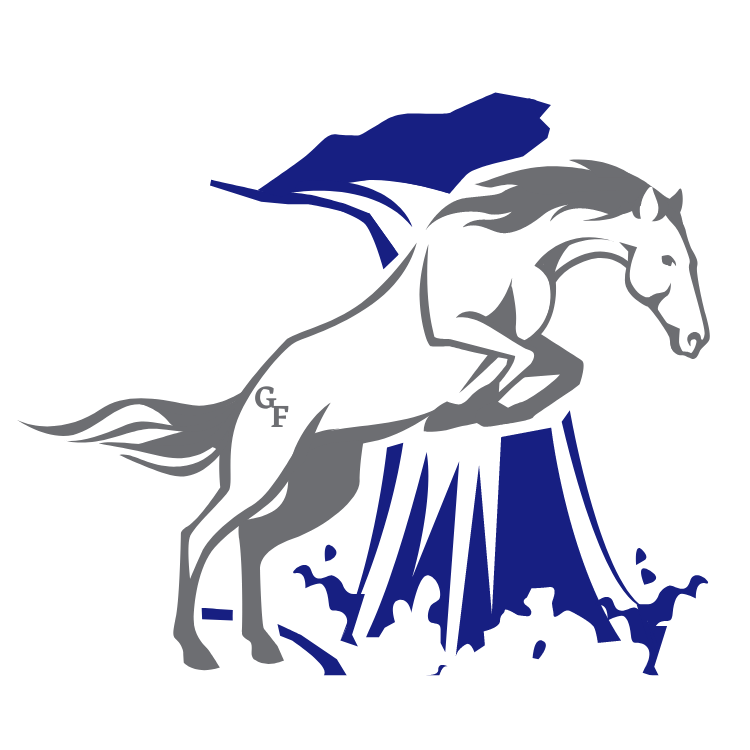Our Services
Sports Medicine
Diagnosing lameness and subtle performance issues requires extensive experience and knowledge of current therapies and treatments. A thorough physical exam, a lameness exam, and a combination of diagnostic nerve blocks are often used to diagnose lameness or decreased performance. Other diagnostic modalities used in lameness evaluations are radiography (X-rays) and ultrasonography. Treatments can include therapeutic joint treatments (ProStride, PRP, Arthamid, HA and steroid options), extracorporeal shockwave therapy, spinal manipulation, acupuncture, and many other options. We have close relationships with all local referral centers when further diagnostics are indicated such as nuclear scintigraphy (bone scan), MRI and CT.
Wellness & Emergency Care
Bi-annual examination of your horse is highly recommended. The spring and fall are great times to take care of vaccinations, labwork, fecal egg counts, and dental examinations. It also allows us to assess the overall body condition and health of your horse so that potential problems can be caught early.
We provide 24/7 emergency care to our current clients in good standing.
Integrative Medicine
The addition of Acupuncture and Spinal Manipulation has added adjunct treatments and diagnostic modalities to our practice. We treat top equine athletes to geriatric retirees as all horses can benefit from these therapies. We also provide herbal medicine and electroacupuncture.
Pre-Purchase Examinations
The pre-purchase exam is a vital part of buying a horse as it can identify existing health or soundness issues which may prevent a horse from fulfilling its intended use. Pre-purchase examinations begin with a comprehensive evaluation of the horse’s respiratory, cardiovascular, musculoskeletal, ophthalmic, gastrointestinal and neurologic systems. A cursory examination of the external genitalia will be performed unless a breeding soundness exam is requested. Baseline soundness and flexion tests of the fore- and hindlimbs will be evaluated with the horse in hand. The horse will also be evaluated at the walk, trot and canter on the lunge line, under saddle, or both. A written report is provided efficiently and we will happily communicate with your home veterinarian or trainer.
Ancillary Diagnostics by request:
Radiographs
Ultrasound
Labwork: Complete Blood Count, Blood Chemistry, Metabolic Panel, Lyme testing
Coggins Test
Health Certificate (required for out of state travel)
Diagnostic Fecal (McMaster’s)
Drug Screen (list of tested drugs available on request)
Digital Imaging
Radiographs use x-rays to visualize bone for abnormalities such as fractures, bone spurs, and joint arthritis. Great Falls Equine has the latest in portable digital radiograph technology allowing instant high quality images right at the farm. Great Falls Equine consults board certified veterinary radiologists for the most accurate diagnosis.
Ultrasound technology uses sound waves to image soft tissues such tendons, ligaments, and internal organs. It is an essential tool for the assessment of tendon or ligament injuries and can aid in the diagnosis of systemic disease and reproductive medicine. Great Falls Equine has portable ultrasound allowing us to image many structures on farm.
Endoscopy
Our portable and wireless endoscope allows us to evaluate and visualize the airways and upper GI tract of the horse (gastroscopy). We are able to easily perform these procedures on farm decreasing the stress on the horse and owner. These procedures are indicated when investigating the presence of gastric ulcers, motility issues and/or respiratory concerns. We are also able to scope the urinary tract to investigate the possibilities of infection, stones or other pathology.
Reproductive Services
On-farm breeding services include breeding soundness examinations, digital ultrasound pregnancy checks and artificial insemination. We are trained in neonatal care providing IgG testing, plasma transfusions, ultrasounds and labwork.
Dentistry
Regular dental examinations and ‘floating’ are important to maximizing the comfort and performance of your horse. Sharp enamel points on molars can cause ulcerations of the tongue and cheek, resulting in dropping of feed, problems with the bit, and biting behavior. Routine dentistry is performed with motorized equipment while your horse is lightly sedated. The use of a diamond grinding disk allows for a quicker and less traumatic procedure for your horse. We recommend annual to bi-annual dental examinations.
